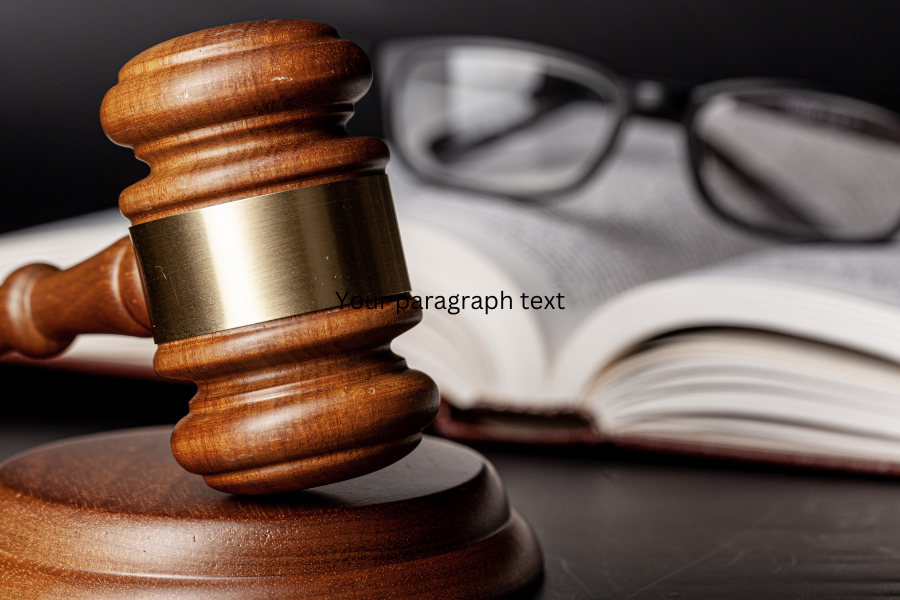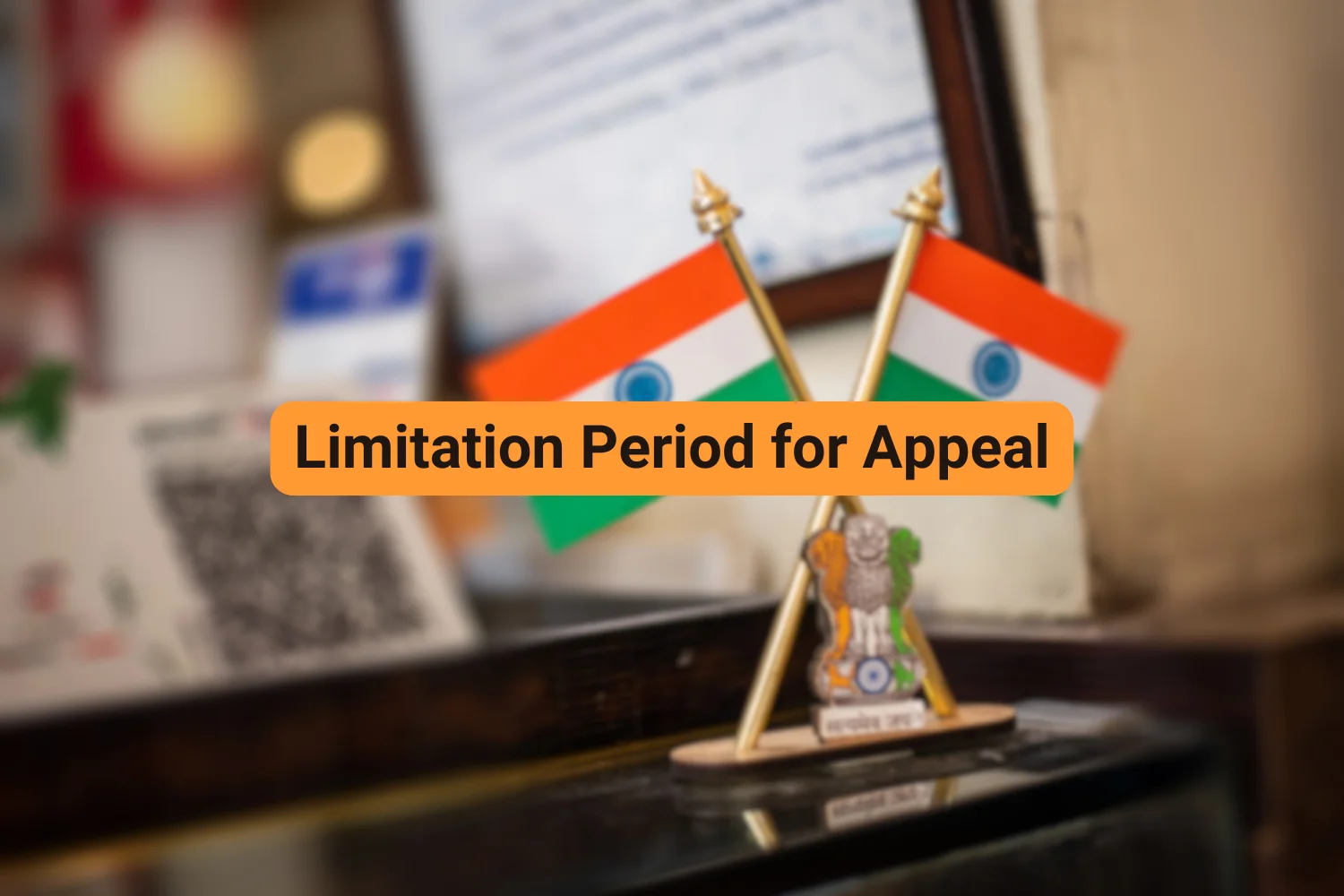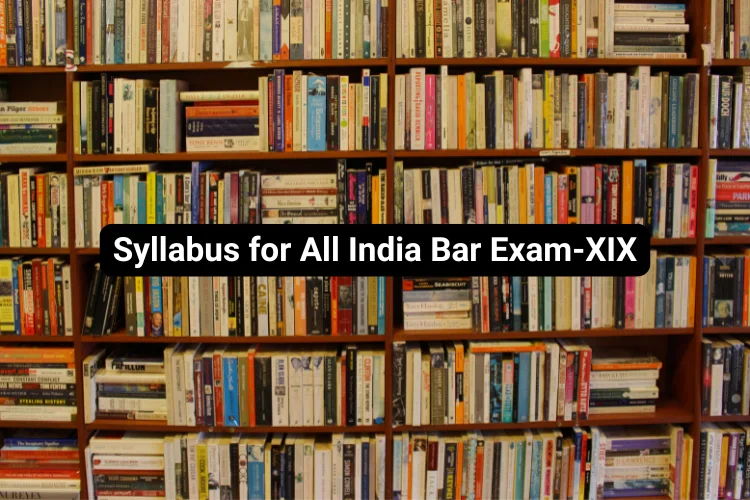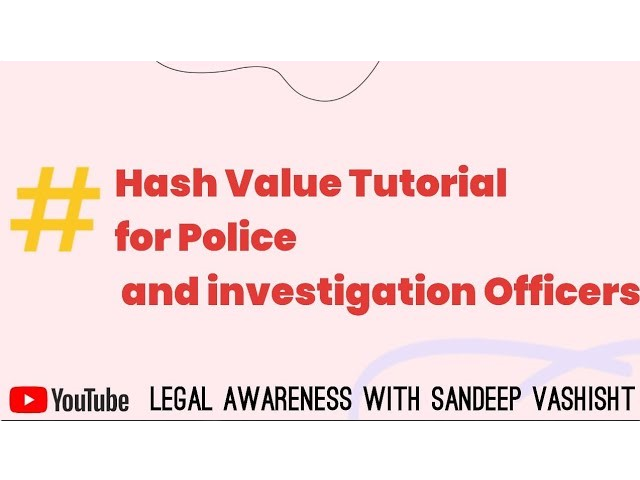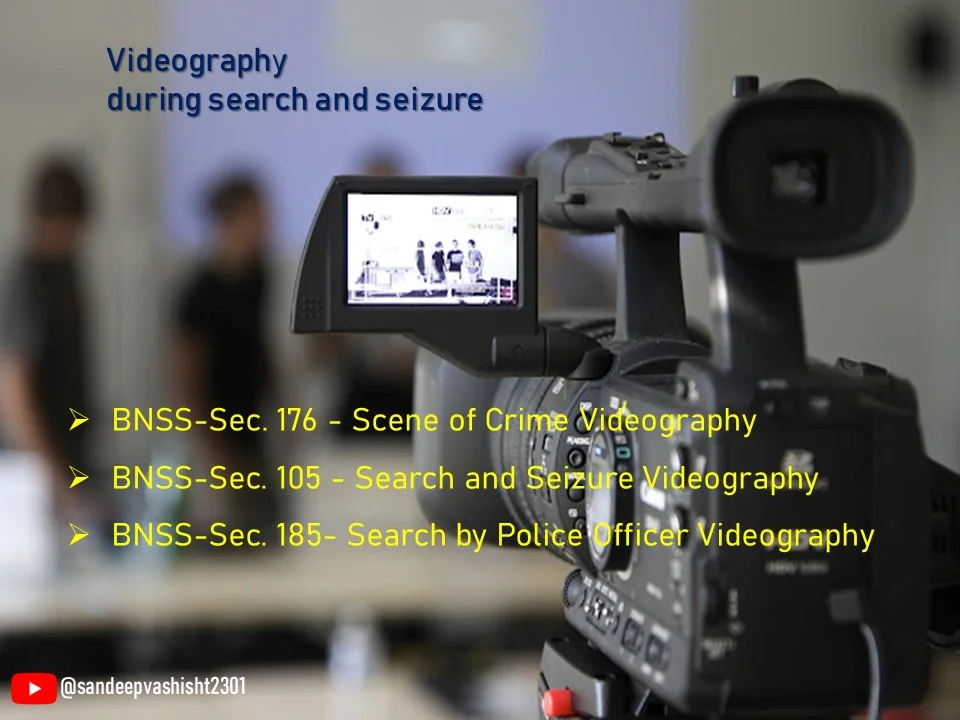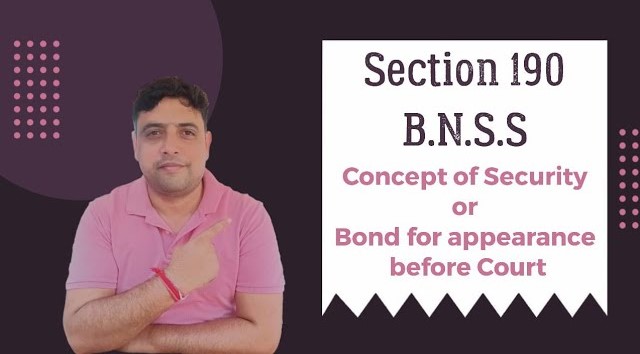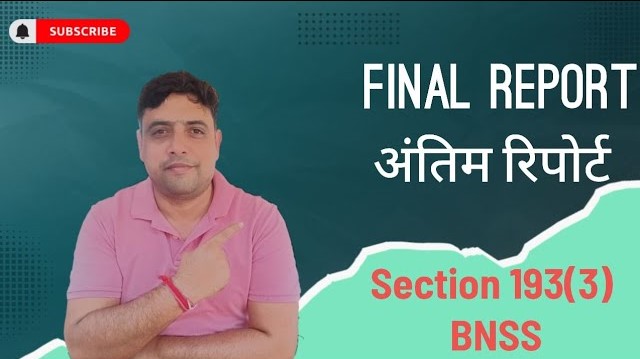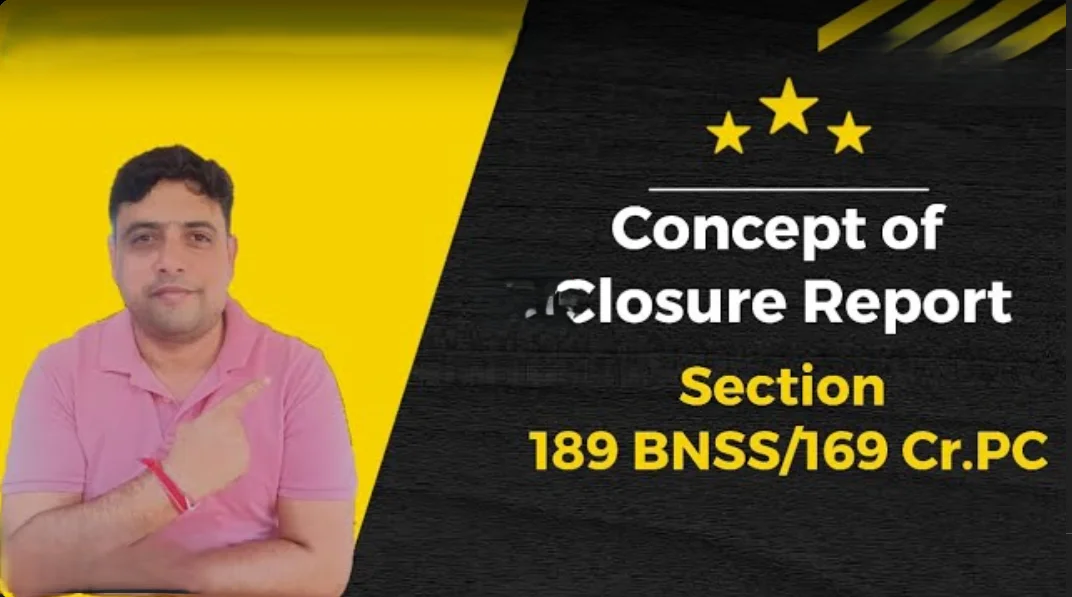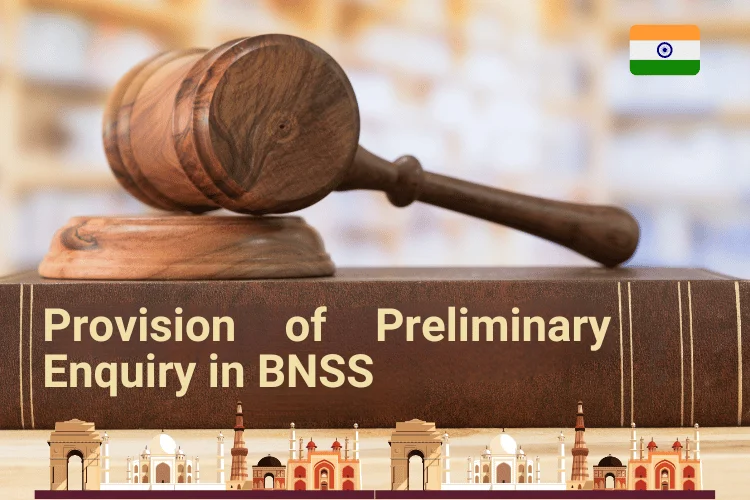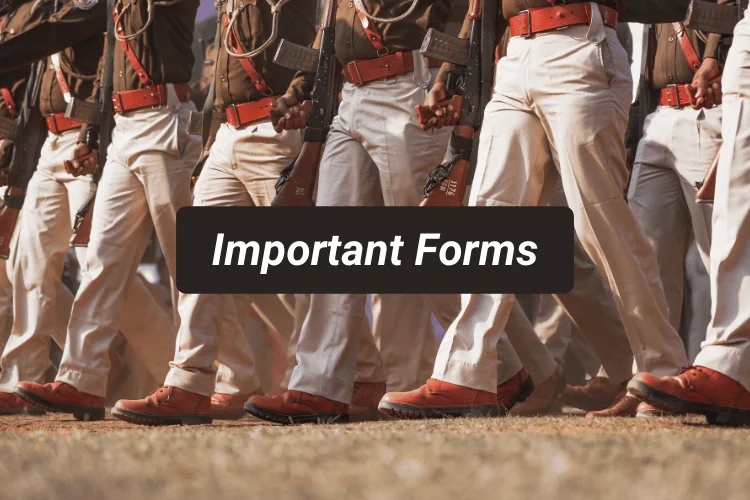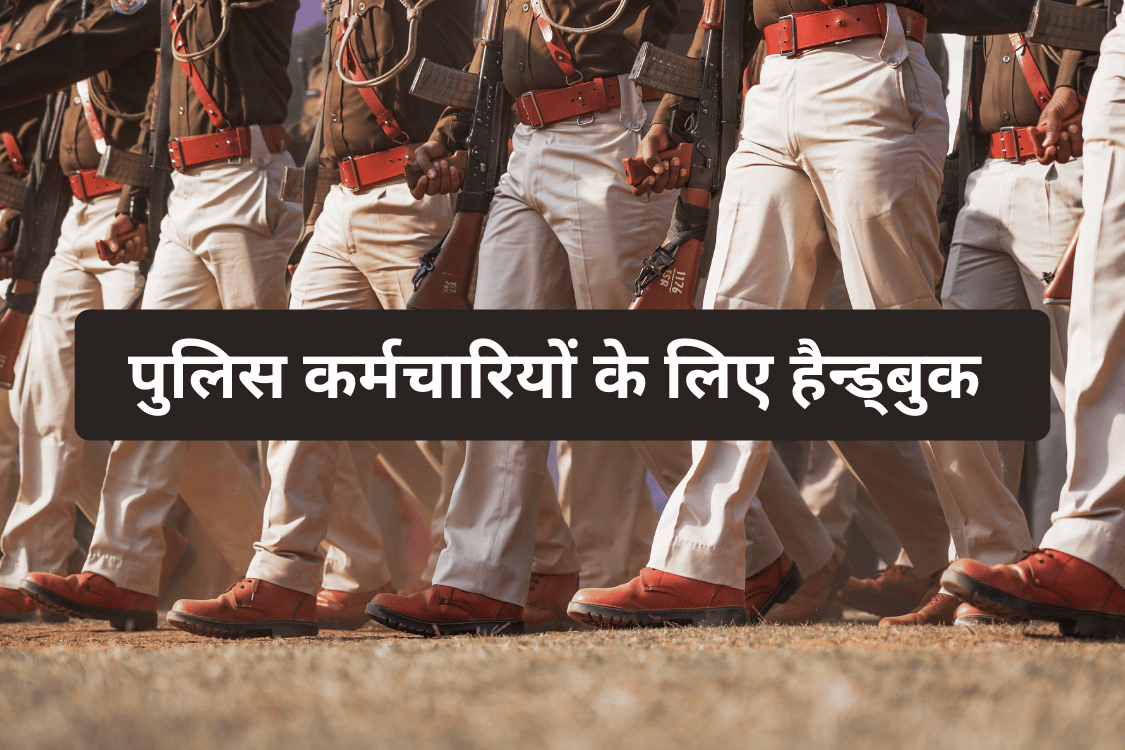ALL ABOUT CRIMINAL CONTEMPT
The history of exercising contempt jurisdiction and punishing for contempt of court can be traced back to the 13th century. In ancient times, the king held ultimate authority to deliver justice, and his power was considered exhaustive and unquestionable. During this period, people had no right to criticize or condemn any act of the king, and doing so was punishable. As time progressed and societal patterns changed, the workload of the king became overburdened, leading to the delegation of authority to functioning bodies, such as judges. The introduction of contempt of court served the purpose of maintaining the dignity of the court and ensuring the smooth functioning of the administration. It aimed to prevent disruptions and uphold the faith that citizens have in the judiciary and its processes.
Contempt of court, in simple terms, refers to actions or behaviours that undermine the authority of the judiciary and disrupt the smooth functioning of the legal system. This can include:
- Anything that limits or interferes with judicial proceedings.
- Conduct that shows disrespect or disregard for the authority and administration of the law.
- Interfering with or prejudicing parties or witnesses during legal proceedings.
- Speech or writing that obstructs or hinders the administration of justice.
- Publishing words that bring the administration of justice into contempt.

Case Laws :
Aligarh municipal Board vs Ekka Tunga Majdoor Union:
It was observed by SC that the contempt proceedings against a person who has failed to comply with the Court's Order serves two purposes:
- Validation of public Interest by punishing the contemptuous conduct of the contemner
- To compel the contemner to do the act, which the law requires him to do.
According to Section 2(a) of the Contempt of Court Act, 1971, contempt of court means civil contempt or criminal contempt.

Section 2(b) of the Act, defines “Civil Contempt” as wilful disobedience to any judgment, decree, direction, order, writ or other process of a court or wilful breach of an undertaking given to a court.
Section 2(c) of the Act, defines “Criminal Contempt” as the publication (whether by words spoken or written or by signs or by visible representations or otherwise) of any matter or the doing of any act whatsoever which –
- Scandalizes or tends to scandalize or lower or tends to lower, the authority of any court, or
- Prejudices or interferes or tends to interfere with, the due course of any judicial proceeding; or
- Interferes or tends to interfere with or obstructs or tends to obstruct, the administration of justice in any other manner
- Scandalizes or tends to Scandalize:
It may include Defaming or attacking a judge or a court as a whole, with or without reference any case. “Scandalising the Court” is a convenient way of describing a publication which, although it does not relate to any specific case either post or pending or any specific Judge, is a scurrilous attack on the judiciary as a whole which is calculated to undermine the authority of the Courts and public confidence in the administration of justice.
In Vijay Kurle Case of 2019, SC held-No litigant has a right to attribute motives to a Judge. No litigant has a right to question the integrity of a Judge. When the ability, integrity and dignity of the Judges are questioned, this is an attack on the institution"
M.V. Jayarajan v. High Court of Kerala (2015),
Facts :
In 2010, a Division Bench of the High Court of Kerala issued orders banning public meetings on roads and road margins to ensure smooth traffic flow. Meanwhile, on June 26, 2010, the Appellant delivered a speech at a public meeting in Kannur, Kerala, protesting against petroleum price hikes. This speech, widely reported by the media, criticized court verdicts and judges, suggesting they were disregarding the interests of the country and the people. The Appellant's remarks seemed to challenge the authority of the judiciary, implying that judges should resign if their verdicts weren't respected by the public. This controversial speech sparked legal proceedings, which led to the case aforementioned.
Held : A Division Bench of the High Court of Kerala at Ernakulam found the Petitioner guilty of criminal contempt under Section 12 of the Contempt of Courts Act, 1971. The court sentenced the Petitioner to six months of simple imprisonment and imposed a fine of Rs. 2000.
On Appeal to Supreme Court, the Hon’ble Court upheld the decision of the High Court of Kerala regarding the criminal contempt case against the Appellant. However, the Supreme Court decided to reduce the imprisonment sentence from six months to four weeks.
In Re: Hon’ble Justice Shri C.S. Karnan (2017)
Facts of the Case:
Justice C.S. Karnan, a judge of High Court if Madras, took several controversial steps during his tenure as a High Court judge. Just two years after his appointment, he alleged discrimination to the National Commission for Scheduled Castes, sparking agitation within the Madras High Court. In a highly debated judgment in 2013, he defined marriage in a controversial manner, linking it with pre-marital sex, leading to its dismissal by the Supreme Court a year later. He further created uproar by barging into a courtroom and demanding to file an affidavit, accusing partiality in judge appointments. Tensions escalated as he accused fellow judges of discrimination, leading to requests for his transfer by the Judges of the High Court of Madras. He accused the Chief Justice of Madras High Court of harassment and corruption, resulting in his transfer to Calcutta High Court. He attempted to halt his transfer through an unprecedented self-issued order, but it was swiftly overturned by the Supreme Court.
In another controversial act, he accused several Supreme Court judges of corruption and sentenced them to imprisonment under the SC/ST Atrocities Act, leading to widespread condemnation. Ultimately, Justice Karnan's actions were seen as disruptive to the judicial system and disrespectful to constitutional principles.
Held : A historic judgment was delivered by a seven-judge bench of the Supreme Court of India. The bench ruled against Justice Karnan, finding him guilty of hurling false accusations against Chief Justices of various High Courts, Supreme Court justices, and the Madras High Court.
The judgment highlighted that Justice Karnan's statements lacked bona fide intentions and constituted a dishonour to the court's decorum. Despite attempting to shield himself with his Dalit identity, his actions were deemed unacceptable and disrespectful to the Indian judiciary.
As a result, Justice Karnan, who was serving as a judge of the Calcutta High Court, was found guilty of contempt of court and the Indian judiciary. He was sentenced to six months of imprisonment, marking a significant moment in the legal history of India.
Dr. D.C. Saxena v. Hon'ble Chief Justice of India, the Supreme Court stated that making scurrilous allegations or scandalizing the court in pleadings constitutes criminal contempt.
The court emphasized following points in this case:
- Advocates and parties must conduct themselves with dignity and decorum before the court.
- Allowing the reputation or dignity of the judge to be attacked in pleadings undermines the court's respect and jeopardizes judicial independence.
- The Supreme Court asserted that freedom of speech and expression is subject to reasonable restrictions under articles 19(2), 129, and 215 of the Constitution.
- Article 19(2) permits restrictions on freedom of speech and expression if it amounts to criminal contempt.
- Even if the contemner modifies or withdraws statements, the court must determine if the original statements constituted contempt of court.
- Prejudicing due Course of Judicial Proceedings:
It is incumbent upon courts of justice to preserve their proceedings from being misrepresented, for prejudicing the minds of the public against persons concerned as parties in causes before the cause is finally heard has pernicious consequences.
Speeches or writings misrepresenting the proceedings of the Court or prejudicing the public for or against a party amount to contempt.
Case Laws:
P.C. Sen, In re, (1969) 2 SC: To make a speech intending to influence the result of a pending trial, whether civil or criminal is a grave contempt.
Prashant Bhushan, In re, (2021)
It was held that fair criticism of judgment after the judgment is pronounced is permissible in law, however, making any statement or giving press interviews during the pendency of the litigation is not permissible. Therefore, no lawyer or litigant should either give an interview, talk to the press or make any statement with regard to pending litigation before any Court.
- Interference/obstruction with the Administration of Justice in any other manner:It is a residuary clause which covers those cases which are not expressly covered under section 2(c) of the Act, e.g. threatening parties to the litigation or the counsel of the opposite party.
or
Approaching a judge for undue favour
Case laws
Delhi Judicial Services Association v. State of Gujarat 1991
It was held that Criminal Contempt is wide enough to include any act that tends to interfere with the administration of justice or lowers the authority of the Court. The Court protects a public interest while using contempt power. It is not to protect the Court from insults to its dignity for its own sake, but because there exists a public interest in preserving the decency and decorum of the Courts.
The SC took into consideration the different degrees of the participation of the various culprits in this episode and punished them in accordance with the degree of their involvement in the matter. State Government was asked to take action against the DGP as well who was indifferent in the matter, since he is the head of the Police and all that jazz.
Amongst all the fundamental rights guaranteed by Part III of Indian Constitution, Article 19(1)(a), i.e., freedom of speech and expression is the most sensitive one and is prone to controversy. If exercised negligently, without abiding by the limitations prescribed under Article 19(2), a person, on one hand can be booked for defamation and on the other, hands the probability of prosecution for “Criminal Contempt”.
Article 129 of the Constitution, makes the Supreme Court “a court of record” and confers power to punish for contempt of itself.
Whereas, Article 142 empowers the Court to provide punishment for contempt, subject to any other law made in this behalf by the Parliament. Similar powers have been vested in the High Court by the virtue of Article 215 which makes the High Court “a court of record”, implying that only Supreme Court and High Courts are empowered to adjudicate criminal contempt proceedings.
Section 10 of the Contempt of Courts Act, 1971 specifically empowers the High Courts to punish contempt of subordinate courts.
 PROCEDURE IN CASES OF CONTEMPT
PROCEDURE IN CASES OF CONTEMPT
- When it is alleged, or appears to the Supreme Court or the High Court upon it own view, that a person has been guilty of contempt committed in its presence or hearing, the court may cause such person to be detained in custody, and, at any time before the rising of the court, on the same day, or as early as possible thereafter, shall (i.e the court is bound to follow this procedure)
-
- Cause him to be informed in writing of the contempt with which he is charged;
- Afford him an opportunity to make his defence to the charge; - audi alterum partem
- After taking such evidence as may be necessary or as may be offered by such person and after hearing him, proceed, either forthwith or after adjournment, to determine the matter of the charge; and
- Make such order for the punishment or discharged of such person as may be just.
- No man shall be a Judge in his own cause
- Section 14(3) says that if the procedure prescribed under clauses 1 and 2 is followed, and the trial happened before a different Judge, then the statement before the Chief Justice will be treated as evidence and it shall not be necessary to examine the Judge in whose presence contempt had taken place.
The object of this Section is to enable the court to preserve its dignity and honor. This power is necessary as the administration of law and order and its execution would otherwise become impossible.
- As per Sec 15, Court can take contempt proceedings in three ways:
- Court on its own motion
- On a motion made by Advocate General
- On a motion moved by any other person with the written sanction of Advocate General.
If a private person intends to bring the proceedings of criminal contempt in motion, he must seek approval of the Advocate-General to do so. However, in an event of denial by the AG to grant consent, the law does not leave one handicapped. In such an event, resort could be to approach the Court itself and urge for Suo motu action.
- The subordinate court must give reason of making a reference to the High Court: Sec 15 applies where Sec 14 is not applicable, that is where the Court is not aware of the conterminous conduct, as that takes place without its presence. In order to ensure that the contempt prosecutions are not frivolous or vexatious, it is important to have these petitions screened by the relevant authorities, which are the Advocate General or the subordinate courts.
Section 15 is not applicable to civil contempt of courts; it is only applicable to criminal contempt. In a motion or reference the content of which person charged is alleged to be guilty must specified. The notice of proceedings under section 15 shall be served personally to the person charged of contempt, such notice must be accompanied by :
- If the proceedings are commenced by motion that the copy of motion
- If the proceedings are commenced on reference than the copy of reference
The court has been empowered under the act to attach the property of the person if it is satisfied that he is likely to abscond or avoid the service of notice.
The attachment of property shall be affected in a manner as provided in civil procedure code. And after such attachment the person charged with contempt appears than the property shall be released.
Contempt proceedings are summary in nature, The person charged with the contempt may file affidavit in reference or produce evidence and the court shall proceed accordingly.
Case Laws
State of Kerala vs M.S. Mani 2001 Supreme Court
SC observed that if a motion of criminal contempt in the High Court or Supreme Court is not accompanied by the written consent of Advocate General or law officer than the very purpose of the requirement of trial consent will be frustrated. This for a valid motion compliance to requirement of section 15 of the act is mandatory.
1. Innocent publication of matter and distribution of the matter (Section 3):
Under the defence the publisher or distributor can be exempted from the offence of contempt if the following conditions are satisfied:
- The contemner has no reason to believe that matter published was pending in the court
- The contemner has no reason to believe that the publication contains any such matter that constitutes contempt
If a person distributes and publication without knowing that it contains contempt of court matter then it cannot be treated as contempt. If the publication does not contain the name and address of the Author, publisher and printer then this defence cannot be used by the person distributing such publications.
Exception of Publication from contempt is also subject to some restrictions as mentioned in section 7 of court of contempt act which are :
-
- publication is contrary to the provisions of any enactment
- Where court prohibits the publication on ground of public policy
- Security of the state
- information relates to a secret process, discovery or invention
2. Fair and accurate reporting of judicial proceedings (Section 4)
Fair and accurate reporting of judicial proceedings is not a contempt. This is because we are following the principle of openness in the matter of administration of justice. The following reporting of judicial proceedings though it is fair and accurate it will be treated as contempt of court.
- Reporting of the proceedings against any law which is in force.
- Reporting of the proceedings when the court has prohibited the reporting in the interest of the general public.
- Reporting of the proceedings conducted in the judges’ chamber in the interest of defence of public order.
- Reporting of information relating to secret process, discovery or invention which is an issue in the case.
Case laws
E.T. Sen vs Edatata Narayanan And Ors. on 12 December, 1968
It was held that any deviation in the report from the correct proceedings renders the alleged contemner liable for contempt.
Subhash Chand vs S.M. Aggarwal
Facts:
Subhash Chand, along with his brother Lakshman and their mother Shakuntala, were accused of burning Sudha, Lakshman's wife, to death. The session judge, S.M. Aggarwal, sentenced them all to death and sent the court record for confirmation of the death sentence to the High Court. However, before the sentences were officially confirmed, the judge allegedly went to the press and TV, discussing the case's merits. He even allowed himself to be celebrated with sweets and garlands in his office by a procession of women, creating an impression of bias against the accused. This created a prejudiced atmosphere against Subhash and his family. It seems like the judge was trying to sway public opinion before the final decision was made, which is unfair and not in line with judicial conduct.
Held : It was held that the report should be with respect to proceedings and not with respect to the conduct of presiding officer.
3. Fair Criticism of Judicial Act (Section 5)
The following conditions should be satisfied under this provision
- The criticism should be based on the facts truly stated
- No comment or criticism is fair if it is based on mistake of facts
- The criticism must not contain any remarks relating to corruption or mala fide intention or conduct of a person whose act has been criticised
Case Law:
Prospective Publication Private Limited vs State of Maharashtra 1968 SC: The test to distinguish between defamation or contempt of court includes
- Whether the impugned publication is mere defamatory attack on the judge or it tends to interfere with due course of justice or proper administration of law by the court
- Whether the wrong is done to the judge personally or if it is done to the public
4. Bonafide. Complaints against presiding officer of the subordinate court (Section 6):A bona fide complaint made in good faith against the presiding officer of a subordinate court to the higher authorities, who have control over such subordinate court, is not a contempt.
5.Apology – Section 12(1), proviso Proviso to Section 12(1) of the Act says that the accused may be discharged or the punishment awarded may be remitted on apology being made to the satisfaction of the Court. The apology tendered should impress the court to be genuine and sincere. If the court, on being impressed of his genuineness, accepts the apology then it could be said that the contemnor has purged himself of the guilt as held in the case Pravin C. Shah v. K.A. Mohd. Ali 2001.
6. Contempt not punishable in certain case under section 13
Truth as a Defence – Section 13 Section 13 of the Act enables the Court to permit justification by truth as a valid defence in any contempt proceedings if it satisfied that such a defence is in the public interest and the request for invoking the defence is bona fide. Truth should ordinarily be allowed as a defence unless the Court finds, that it is only a camouflage to escape the consequences of the deliberate attempt of scandalising the Court. However, for considering the truth as valid defence there is a twin requirement:
-
-
- defence is in public interest, and
- request for invoking the defence is bona fide.
According to Section 12 of the Contempt of Courts Act, 1971, a contempt of court may be punished with simple imprisonment for a term which may extend to six months, or with fine which may extend to two thousand rupees, or with both.it. punishment may be increase depended by nature of contempt.
The Limitation period for actions of contempt has been discussed under Section 20 of the Contempt of Courts Act of 1971 and the Limitation period for actions of contempt is a period of one year from the date on which the contempt is alleged to have been committed
The power of the Supreme Court and High Courts to punish contempt of court is enshrined in the Constitution of India and further regulated by the Contempt of Courts Act, 1971. This power is essential for ensuring the effective functioning of the judiciary and maintaining public trust in the administration of justice. However, it is crucial to recognize that the contempt power is not meant to protect the ego of individual judges but to uphold the integrity of the judicial process.
Acts of contempt that disrupt the functioning of the court and undermine public confidence in the judiciary erode the foundation of the judicial system. By punishing contemptuous behaviour, the judiciary reinforces the supremacy of the law and the importance of impartial justice. However, it's equally important to ensure that contempt laws are not misused.
The Contempt of Courts Act, 1971 plays a crucial role in upholding justice by expediting legal processes and maintaining the dignity of the judicial system. It provides avenues for defense and ensures fairness in its application, thereby upholding the equal rights of all individuals before the law.





